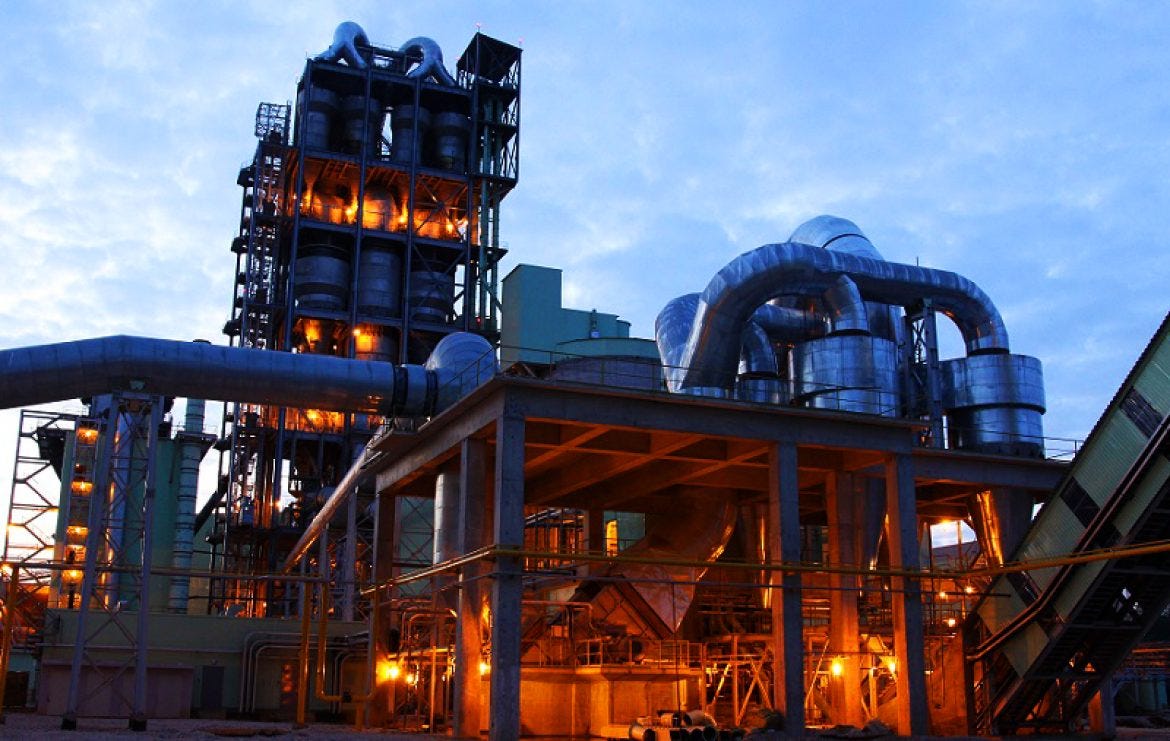Numbers: wheat, deaths, and Poles
EU tariff offensive, industrial decline, book-burnings, 'collaborationists', default, new mortality record
June - summer, change. Or perhaps, more of the same.
One major change is set to enter into effect on June 6 - no more tariff-free trade with the EU, a temporary treat given to Kyiv in 2022. I wrote a month ago about the deleterious effects this is set to have on Ukraine’s already massive trade deficit with its Civilized friends. Back to the usual neocolonial quotas on Ukrainian goods.
On May 23, Bloomberg put out a new article on the topic. Notably, not one member state of the EU opposed the decision to restrict Ukraine’s exports. So much for European Solidarity against Eastern Barbarism.
Ukrainian analysts see no need to hide their pessimism:
Since the beginning of the war, the European market has become key for our agricultural exports. For example, last year Europe accounted for 55% of all shipments, and for organic products (vegetables, berries, etc.) this figure reached 95%.
In theory, Ukrainian exporters could partially redirect supplies to other markets. But as Oleh Pendzin, head of the Economic Discussion Club, says, Ukraine's economy will still lose about 3 billion euros this year.
This will not only slow economic growth (which is already declining), but may also prompt authorities to resort to hryvnia devaluation to support exporters and compensate for budget revenue losses from reduced EU supplies.
The Polish government, for its part, is glad to hear that quota limits on Ukrainian production are to return. Agriculture minister Cheslav Sekersky celebrated on May 26:
These figures are very favorable for us because these import volumes (of Ukrainian products set by the quotas - ed.) are extremely low.
Ukraine’s agrarian minister, in turn, warned of the ‘moral losses’:
“What about the moral losses? This is not calculated in billions, but millions of Ukrainian citizens supporting integration into the EU,” Koval said during an appearance at the Agriculture and Fisheries Council (AGRIFISH) in Brussels on Monday.
Koval said that the war has decimated Ukraine's other major industries, such as chemicals and steel, leaving agriculture to account for 17% of the country’s GDP. That means that a return to pre-war tariff quotas with the EU will work out at losses of between €2.8 billion and €3.5 billion for Ukraine in 2025.
As usual, the Ukrainians are unhappy with their colonial status vis a vis the EU. Anyway, it isn’t like their opinion ever mattered much. Long live more of the same!
At least the Poles are happy. One of my favorite figures is that released by the Polish National Bank in 2019 - since 2014, the millions of underpaid, highly abused Ukrainian migrant laborers in the country were responsible for 11% of Polish GDP growth. The more unemployment in Ukraine, the better for Poles.

They have high hopes for the future as well. Polish prime minister Donald Tusk stated on May 26 that he hoped his country would make a great deal of money off the ‘reconstruction’ of Ukraine:
Tusk made these remarks during a press conference while visiting Sławków, Poland, home to a major container terminal.
"There's nothing wrong with stating this honestly," he said.
"We want to make significant profits from Ukraine's reconstruction. We aim to help, but we also intend to benefit financially. That’s why we need this hub, this dry port," the politician stated.
According to local authorities, the expansion of the Sławków container terminal will be carried out in five phases, with the project cost estimated at €1 billion.
Tusk emphasized that once completed, the facility will become Europe's largest logistics hub.
Regardless, Kiev continues its one-sided romance with its western partners. On June 2, Zelensky signed into law joint mobile roaming with the EU. Brussels is yet to respond.
Onto some more numbers.
Ukraine’s industrial output has been falling more rapidly than before:
Keep reading with a 7-day free trial
Subscribe to Events in Ukraine to keep reading this post and get 7 days of free access to the full post archives.






